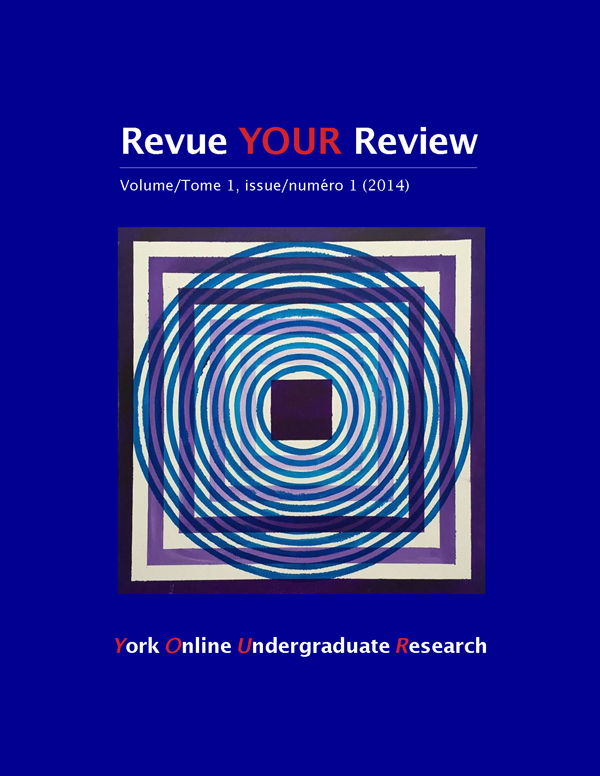Indigenous Rights: A Mapuche’s Right to Land (abstract)
Résumé
The Mapuche are South American indigenous people in what is now part of Argentina and Chile. Since colonial independence, the Mapuche have struggled for the right to land. This essay chronicles the rise and evolution of a particular organization within the Mapuche social movement. In the Chilean context, years of frustration from dealing with the Chilean government has led to the creation of more radical Mapuche indigenous social movements such as the Coordinadora de Comunidades Mapuche en Conflicto Arauco (CAM), which adopts a more aggressive approach than previous indigenous movements. The CAM provides a new perspective on the authorized Indian versus insurrectionary Indian dynamic and challenges the concept of neoliberal multiculturalism. It views the Chilean government as trespassers on Mapuche territory. Yet the rise of the CAM has also resulted in the re-introduction of the infamous (Pinochet style) Terrorist Law and the militarization of the southern region by the Chilean government. To research this paper, I gathered extensive data on Mapuche organizations in Argentina and Chile and on Chile’s CAM organization from books on indigenous movements, journal and newspaper articles in English and in Spanish, the CAM organization’s various websites, and news sources pertaining to the CAM and recent events in Chile.Téléchargements
Comment citer
Numéro
Rubrique
Licence
Les auteurs qui contribuent à la Revue YOUR Review acceptent de publier leurs articles selon une des trois catégories de la licence 4.0 : Creative Commons Attribution 4.0 International; Creative Commons Attribution-Pas d'Utilisation Commerciale 4.0 International; ou Creative Commons Attribution-Pas de Modification 4.0 International. Tout contenu éditorial de ce site ainsi que les affiches et les résumés sont sous la licence Creative Commons Attribution-Pas de Modification 4.0 International. Pour plus d’informations, veuillez voir :
https://creativecommons.org/licenses/
Dans tous les cas, les auteurs conservent leurs droits d’auteurs et concèdent à la Revue YOUR Review le droit de première publication. Les auteurs peuvent, par la suite, conclure d’autres accords de distribution non exclusifs de la version publiée dans ce périodique (par exemple, l’afficher à un dépôt institutionnel ou le publier dans un livre ou dans un autre périodique) à condition que la reconnaissance fasse mention de la publication originale dans la Revue YOUR Review.


